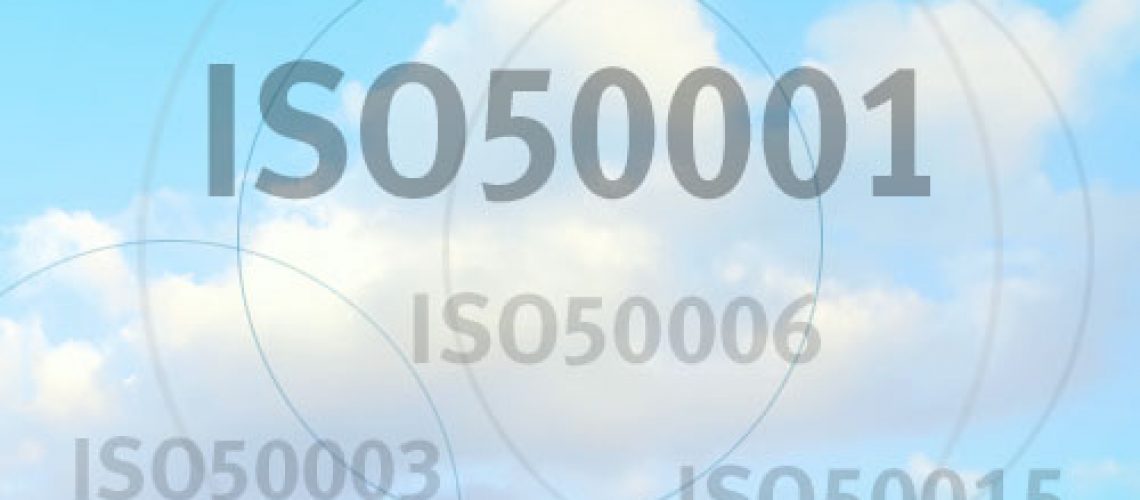Current Status of the Revision of ISO 50001
After the revision of ISO 9001 and ISO 14001, ISO 50001:2011 has now been in revision since the summer of 2016. The final draft (FDIS) is expected to be released in August 2018 and publication of the standard ISO 50001:2019 is expected at the beginning of 2019. After that, a two to three-year transition period will commence during which both the previous as well as the updated standard can be applied in companies until compliance with ISO 50001:2019 is finally mandatory.
One significant change is the new standard structure. As with ISO 14001 and ISO 9001, ISO 50001:2019 will also be subject to the “high-level structure”. This ensures the standard’s compatibility with other management system standards and enables a consistent, efficient and integrated management system for companies.
Identification and evaluation of external or internal issues relating to the energy management system (EnMS) will be required for ISO 50001:2019 analogous to ISO 9001 and ISO 14001. In addition, top management must assume clear responsibility for the management system and the attainment of the energy objectives.
Furthermore, there will be a strong focus on a more detailed assessment of the energy performance and a proven track record of continuous improvement. In the case of objectives and action plans, the major energy consumers should be taken into account. Verification of achieving efficiency improvements must be clearer and continuous improvement of the energy performance must be demonstrated by means of measurement and monitoring activities. Appropriate energy performance figures and energy output bases can also be used, provided their informative value is backed up.
In addition, a discussion is had as to whether a measurement concept needs to be already drawn up during the planning phase. ISO 50001:2019 also requires an investigation and systematic consideration of risks and opportunities associated with the energy-related performance. Risks should be reduced by suitable measures and opportunities for efficiency improvement exploited.
In summary, it is to be expected that the new ISO 50001:2019 will entail above all a deeper analysis of the energy aspects of the company as well as being able to trace back the continuous improvement. In addition, top management may have to assume greater responsibility.
Arqum is prepared to carry out a gap analysis in your company on the basis of the current draft of the new standard. In the process, the steps to be implemented to meet the new standard requirements will be shown and recommendations for practical implementation provided. Of course, we will also support you in the implementation of specific new requirements of ISO 50001:2019, e.g. on the extended evaluation of the energy performance. Please do not hesitate to contact us!
Your contact at Arqum: Philipp Leinfelder


